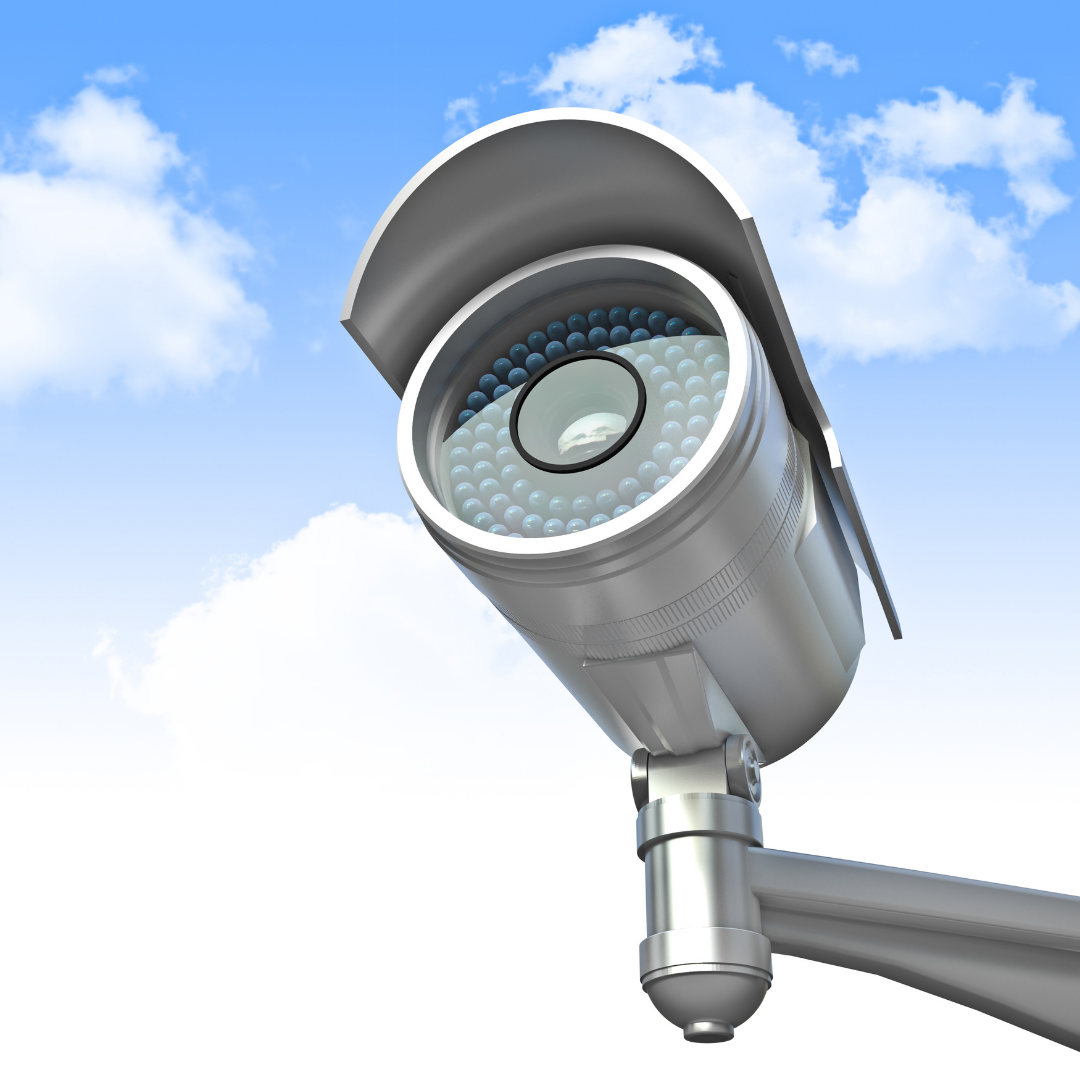Privacy & Cybersecurity
Protect your business and reputation in a data-driven world.
In today's digital age, your customers' personal information is more valuable than ever before, but data breaches and cyber threats are also on the rise. With privacy laws becoming more stringent, non-compliance can have severe consequences for your business and reputation. We help you stay compliant and secure and can provide swift and effective support in response to data breaches.
Our legal services include:
Comprehensive advice on national privacy laws, including health information, corporate, and consumer laws
Governance and risk management advice
Legal due diligence on cyber and data issues, including intellectual property, confidential information, third-party contracts, and more
Preparation of privacy policies in compliance with Australian privacy laws and GDPR
Expert privacy law compliance advice to protect your business and reputation.
Stay ahead of the curve in the data-driven world and ensure your customers' privacy with our legal services. Contact us today.
The OAIC is taking Medibank to court over its major data breach in October 2022. In this blog, we examine some of the privacy basics your health organisation should consider.
Health service providers continue to be the highest reporters of notifiable data breaches, with health service providers being responsible for 22% of reports to the AOIC from July to December of 2023.
Electronic communications are a key communication method for most organisations. It's important to know whether the Spam Act 2003 (Cth) (Act) applies to each communication and, if it does, make sure the communication doesn’t amount to a breach of that Act. Otherwise, your organisation might face significant fines and other consequences. This article explains what kinds of communications are regulated by the Act and what your organisations needs to do to not be a spammer.
The use of surveillance devices by employers can be an important and effective way to manage workplace risks. However, there are strict laws regulating the use of surveillance devices in the workplace and employers can incur significant penalties for non-compliance.
Beacon technology provides a creative and effective way of sending targeted marketing messages to consumers. However, there are many laws in Australia regulating how beacons can be used and breaching these laws can have significant consequences.
Most organisations capture personal information about their customers as part of their everyday operations. But do they all need a privacy policy? The short answer is that only some businesses are legally required to have a privacy policy, but many others choose to have one anyway because there are many potential benefits in having one – including more sales!
While there are a number of potential benefits to using CCTV devices in nursing homes, there are also a number of potential risks – especially if CCTV devices are installed before an aged care provider is in a position to comply with all the extra obligations they are taking on. Click here to download our guide to using CCTV devices in aged care facilities.









From 22 February 2018, any entity subject to the Privacy Act 1988 (Cth) and Australian Privacy Principles must report any instance of ‘eligible data breach’ to the Office of the Australian Information Commissioner and any individuals who may be potentially affected by that breach.
Click here to find out everything you need to know about the new scheme, and what you can do to manage the risk of data breaches, in less than 5 minutes.